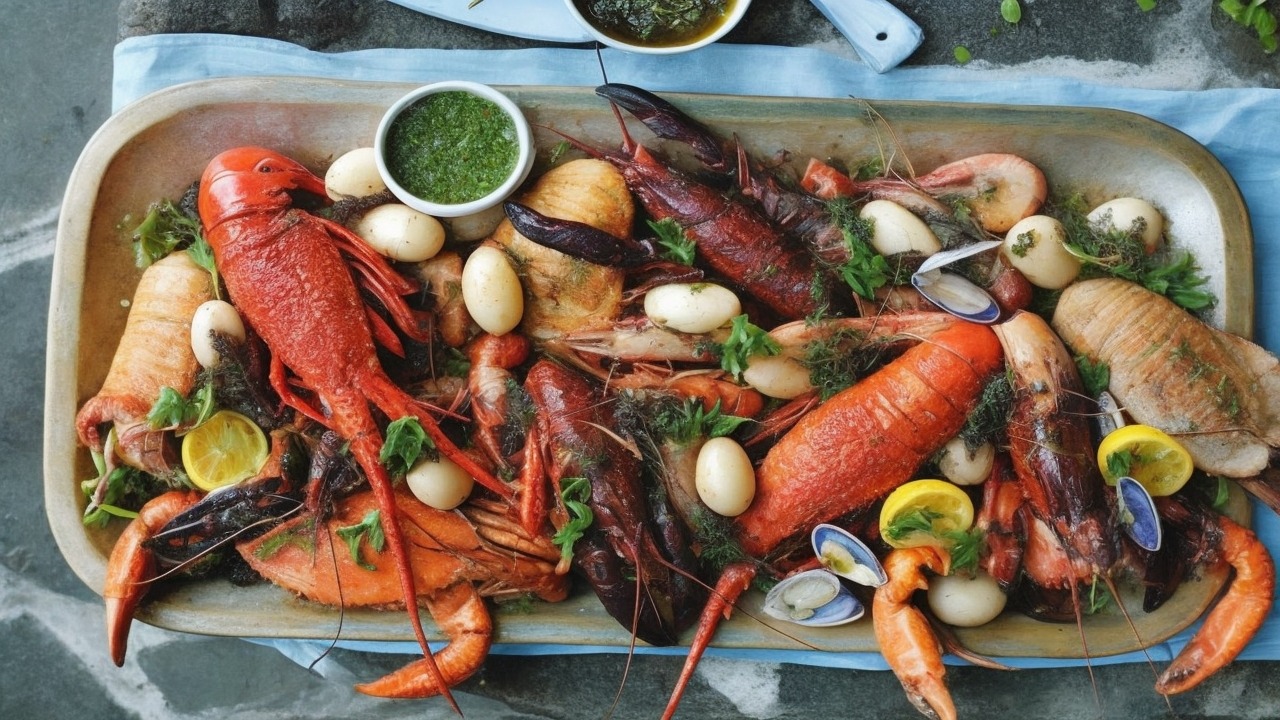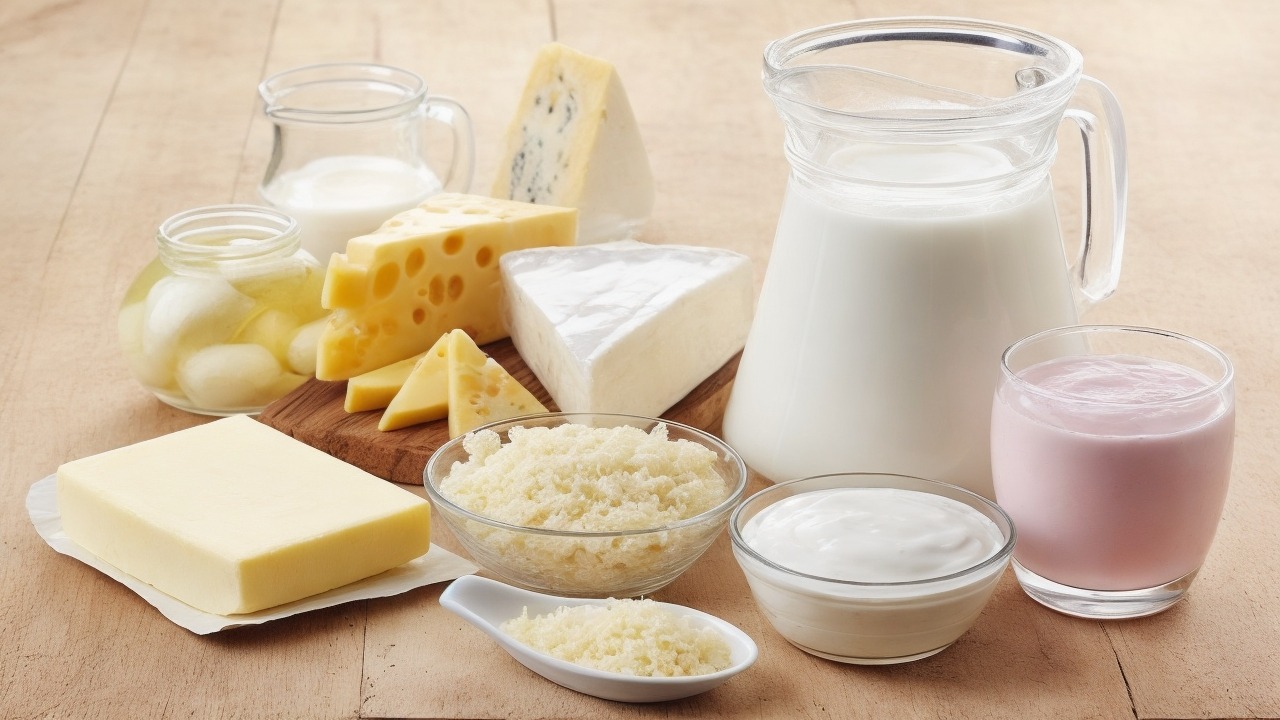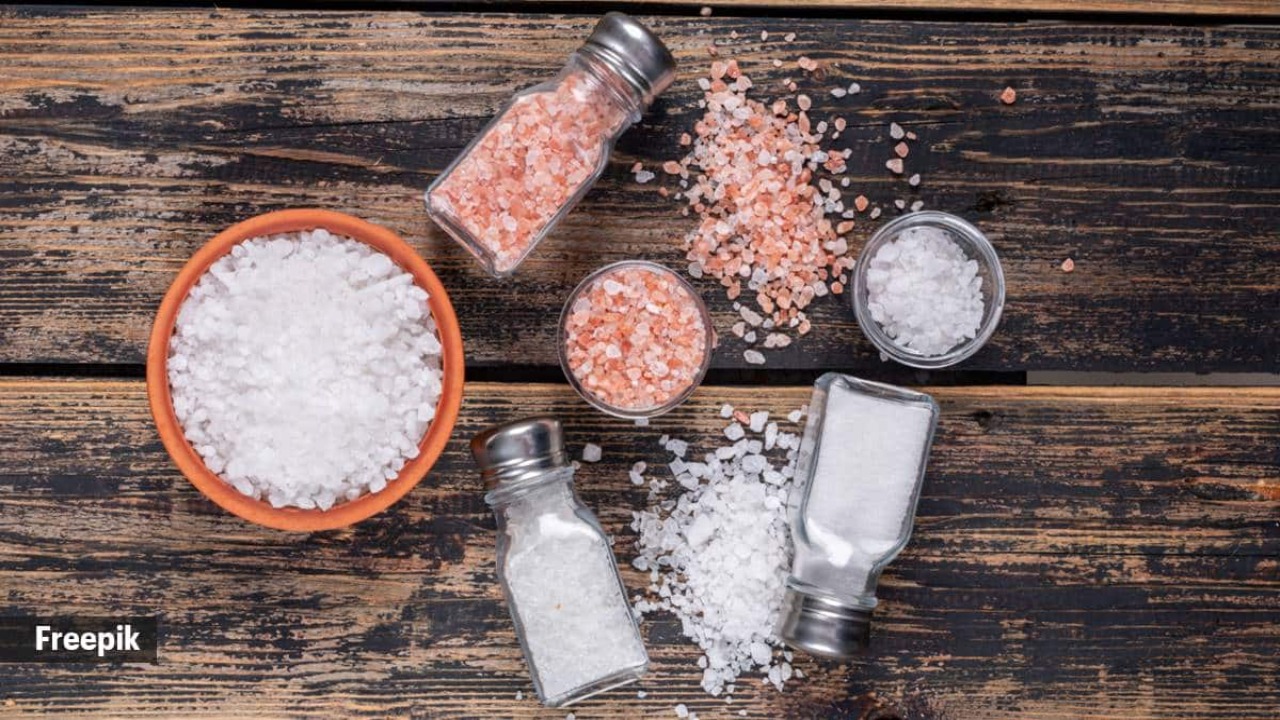Iodine is an essential mineral that plays a crucial role in maintaining good health. It is particularly important for the proper functioning of the thyroid gland, which regulates metabolism and energy production in the body. Iodine deficiency can lead to thyroid disorders and a range of health problems. Fortunately, there are various natural sources of iodine that can be incorporated into your diet to ensure you get an adequate amount of this vital nutrient. In this article, we will explore some of the best iodine-rich foods that can help you maintain a healthy thyroid and overall well-being.
Seafood

Seafood is one of the most abundant sources of iodine. Fish, in particular, is rich in this essential mineral. Salmon, tuna, cod, and haddock are all excellent choices for increasing your iodine intake. However, when we talk about iodine-rich seafood, one delicacy stands out – caviar. Caviar, often associated with luxury and gourmet dining, is also a potent source of iodine. more about caviar later in the article.
Seaweed and Seaweed Products
Seaweed is another outstanding natural source of iodine. Various types of seaweed, such as kelp, nori, and dulse, are packed with this essential mineral. Seaweed can be consumed in various forms, including sushi wraps, salads, and snacks. It is an excellent option for individuals who follow vegetarian or vegan diets, as it provides a reliable source of iodine from non-animal sources.
Dairy Products

Dairy products, such as milk, yogurt, and cheese, also contain iodine. The iodine content in dairy can vary depending on the diet of the animals and the iodine content of their feed. Choosing iodized salt for seasoning your dairy-based meals can further boost your iodine intake.
Eggs
Eggs are not only a versatile and nutritious food but also a source of iodine. Including eggs in your diet can contribute to your overall iodine intake.
Iodized Salt

Iodized salt is a simple way to ensure that you are getting enough iodine in your diet. It is ordinary table salt that has been fortified with iodine. Substituting regular salt with iodized salt in your cooking and at the dining table can help prevent iodine deficiency.
More About Caviar
Caviar, often reserved for special occasions and fine dining, deserves a closer look when it comes to iodine content. This delicacy, made from salt-cured fish roe, is not only a symbol of luxury but also a powerhouse of nutrients. A mere tablespoon of caviar can provide a significant portion of your daily iodine needs. However, it’s important to consume caviar in moderation due to its high cost and environmental considerations.
In conclusion, incorporating iodine-rich foods into your diet is essential for maintaining proper thyroid function and overall health. Seafood, seaweed, dairy products, eggs, and iodized salt are all readily available options to boost your iodine intake. If you’re looking for a decadent way to increase your iodine levels, consider indulging in some caviar on occasion. Just remember to enjoy it in moderation and explore sustainable sources to minimize its environmental impact.